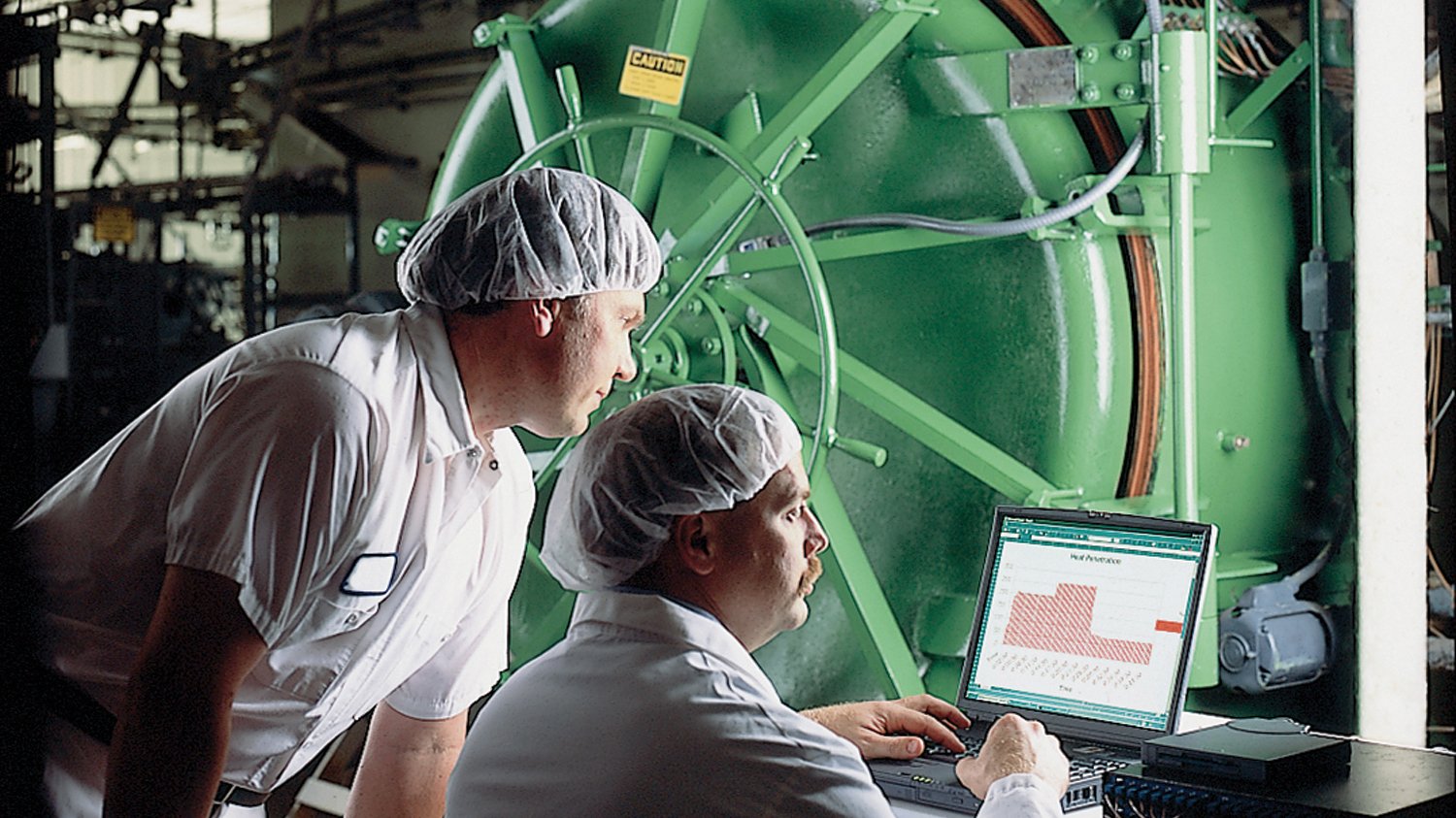Background
For all manufacturers, regardless of industry, sustainable production practices are no longer nice-to-have – they are a business imperative. And for food and beverage companies in particular – which the U.S. Energy Information Administration ranks as one of the top five most energy-intensive types of manufacturing – implementing efficient manufacturing practices can mean both improving the quality of life for customers and driving savings to their own bottom line.
Indeed, Minnesota-based Faribault Foods is no stranger to the importance of sustainability in food production. As a producer of many foods including a wide variety of beans, chili, organic soup, juices and canned pasta, Faribault Foods is a member of the Sustainability Initiative Team (SIT), a part of the Foundation for Strategic Sourcing. The group is comprised of executives from major consumer packaged goods, contract manufacturing and packaging supplier companies that work together to create industry standards to promote sustainability.
“Our customers are definitely paying more attention to sustainability,” explained Scott King, executive vice president of operations, Faribault Foods. “Our participation in groups like SIT helps us understand the importance – both financially and in terms of responsible corporate citizenship – of greening the entire food supply chain.”
Challenge
While business drivers may have progressed in recent years, the bean production process hasn’t changed much in the company’s 115-year history. Beans are brought into the primary production facility from all over the Midwest. They are placed into a soaking and rehydration system, then blanched and transferred to a canning line, where a broth, sauce or brine is added to the beans for flavor. The cans are then sealed and sent to the cooking system, where they are brought up to a required temperature and held there to create a commercially sterile product. Finally, the cans are cooled, packed on pallets and shipped out to thousands of retail locations across the country.

